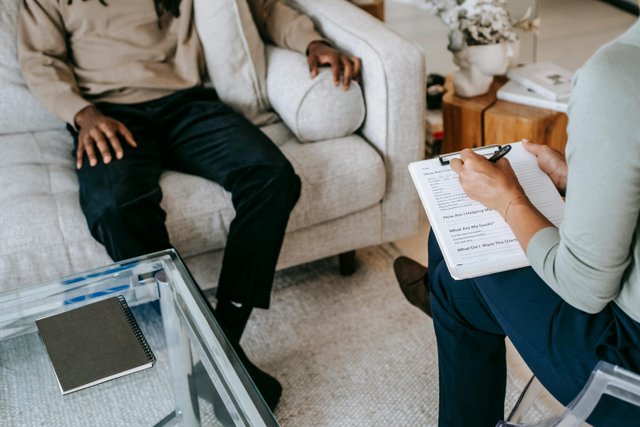Helping Others? Start by Asking, Not Telling
I used to make a common mistake when people asked me for help—I would tell them exactly what they should do. But it turns out, that's often the last thing they need.
I used to lecture people about what they should do, but over time, I realized that most people already know deep down what they need to do. What they really need are structured questions to help them clarify their thoughts and make decisions for themselves.
Take someone struggling with addiction, for example. Do you think lecturing them on the dangers of addiction will help? They probably know those dangers better than you do.
The best way to help people is to first listen actively to everything they have to say. Pay attention to the details and what’s implied between the lines. Along with active listening, you need to practice reflective listening—this means paraphrasing what the person has said so they feel heard and understood.
Then, you can ask probing questions like:
• How does this problem impact your daily life?
• What are the consequences of this issue on your social or professional life?
Once they've expressed their thoughts and clarified the problem, shift the focus to solutions with questions like:
• What would happen if you didn’t take any steps to solve this problem? (This helps them grasp the long-term consequences of inaction and shifts them from venting to thinking about solutions.)
• What do you think you could do to solve this problem? (At this point, they’re already starting to consider practical steps toward a solution.)
• What challenges would you need to overcome to resolve this issue? (This question reminds them that solving the problem won’t be easy or instant—it will require effort and persistence.)
• What would life be like if you fully resolved this problem? (This gives them a clear purpose for solving the issue, helping them focus on the rewards of their hard work.)
• What’s one thing you can do today to move toward a solution? (This is a critical question. It helps them break the problem down into small, manageable steps rather than overwhelming themselves with the bigger picture. It also encourages action right now, rather than pushing things off until 'tomorrow.')
Believe me, the worst thing you can do is lecture people about what they should do. They already know the answers better than you do. You can offer suggestions, but only after they’ve had the chance to propose their own potential solutions.
Think about the last time someone lectured you—did it really change anything? Probably not.
People often know the answers. They just need help bringing them to the surface.

Very similar to the concept of a sin, everyone who believes in religion knows,
what is right and wrong
what is permissible and what is not
which is good and bad
Then why are there still behaviors that go against the taught path? The path that should be. What is your view?
I think one factor is because the negative consequences of the misbehavior are not yet felt.
I like your explanation of mentoring and advising through questions that make the brain think to find answers and awareness from its nightmares.
#wewrite
Thank you so much, very glad you like it.
Exactly, Sometimes the consequences aren't too apparent. Also, sometimes you only do what you were told not to.
If you're unlucky and you meet judgemental people, it only makes the conflict worse.
Exactly, everyone is fighting his own battle, and judging people is always a bad idea